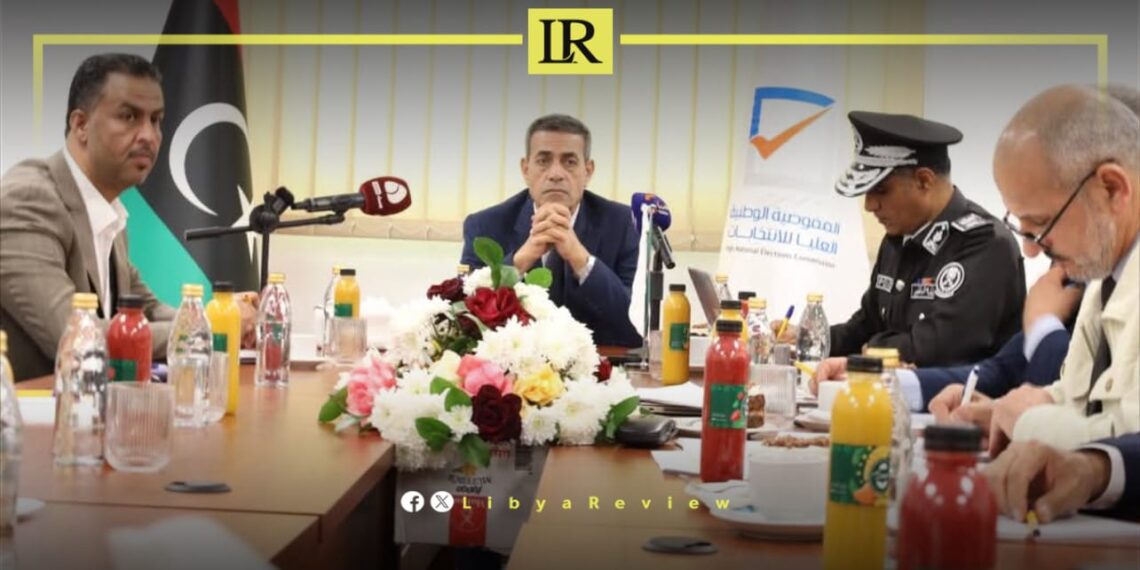The Chairman of Libya’s High National Elections Commission (HNEC), Emad Al-Sayeh, has announced that the second phase of municipal council elections is set to begin at the end of this month.
Al-Sayeh confirmed that the commission has completed all necessary preparations for the elections, adhering to the highest standards of transparency and integrity. He emphasized that technical and administrative measures have been fully implemented to ensure a smooth electoral process.
He urged citizens to actively participate in this critical milestone, which aims to strengthen democratic practices in the country by selecting representatives for municipal councils.
Al-Sayeh noted that the elections will follow a non-traditional approach, starting with the registration of candidates before voter registration, a departure from the usual process. This adjustment is intended to address anticipated logistical challenges during the second phase.
The HNEC Chairman acknowledged that its offices faced some technical difficulties, but these were promptly addressed following input from field office managers who were directly involved in overcoming the challenges.
Libya has been in chaos since a NATO-backed uprising toppled longtime leader Muammar Gaddafi in 2011. The county has for years been split between rival administrations.
Libya’s economy, heavily reliant on oil, has suffered due to the ongoing conflict. The instability has led to fluctuations in oil production and prices, impacting the global oil market and Libya’s economy.
The conflict has led to a significant humanitarian crisis in Libya, with thousands of people killed, and many more displaced. Migrants and refugees using Libya as a transit point to Europe have also faced dire conditions.
The planned elections for December 2021 were delayed due to disagreements over election laws and the eligibility of certain candidates. This delay has raised concerns about the feasibility of a peaceful political transition.
Despite the ceasefire, security remains a significant concern with sporadic fighting and the presence of mercenaries and foreign fighters. The unification of the military and the removal of foreign forces are crucial challenges.


